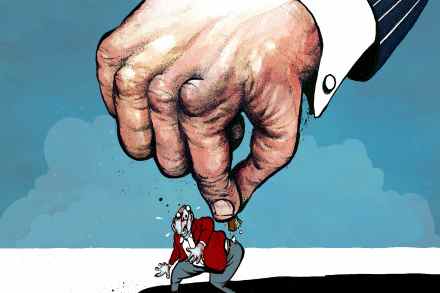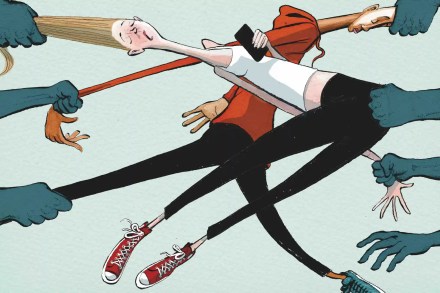What happened to the Russia I loved?
I first came to Russia as a travelling English literature-lecturer in the late 1990s. This wasn’t a job given to me but one I’d devised myself, sending off snail-mail begging letters to different university departments all over the Former Soviet Union – Barnaul to Minsk – outlining my services and occasionally, weeks or months later, being taken up on the offer. With a rucksack full of books, I’d catch a train – sometimes a days-long journey – to the next destination, where I’d be given a list of students to teach, a guided tour of the city and three weeks in a student hall of residence. Here cockroaches could outnumber




















